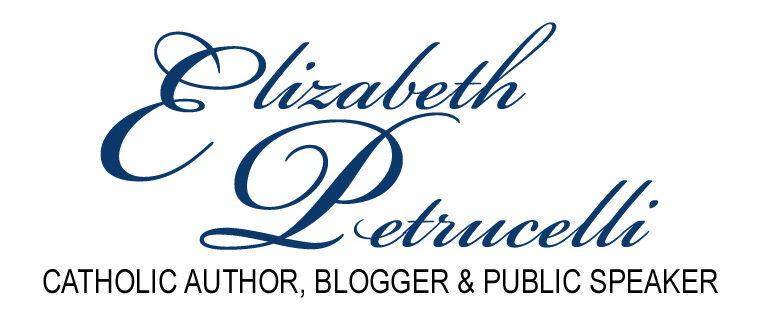I recently wrote about my miscarriage of my natural pregnancy at age 47. This type of miscarriage is often called a chemical pregnancy. I find this term perplexing and the friends I know who have been through a chemical pregnancy are left confused. I had never had a chemical pregnancy before but it’s worth discussing…
Category: grief
I’m Having a Miscarriage
It’s hard to believe that in my late 40’s I am pregnant. When I discovered my pregnancy, I did what most new pregnant mothers do, searched the internet for advice. I wasn’t searching for the latest in technologies, I was searching for stories about natural pregnancy at age 47. Unfortunately, most resources on the internet…
Donum Dignitatis: The Catholic’s Guide to Miscarriage
It’s finally happening, The Catholic’s Guide to Miscarriage is coming! I’m in the homestretch to completing this work. I can’t say it’s been a long time coming but it’s been in the making for over two years. Of course, the manuscript sat for quite some time until the Holy Spirit tapped me on the shoulder…
He Would be 6 Today!
I treasured you from the very beginning and prayed you would live but after learning about your condition, I knew God had chosen me to carry you your whole life! I was chosen for YOU, Gus. I knew your name from day one. I think I knew you wouldn’t make it but I had no…
She Would be 11 Today!
It’s hard to believe I would have an 11 year old right now. A girl, approaching her teen years but I know if she was born, I likely wouldn’t have my other children. I think of her often still. I think about what she would be like and the things we would be doing together….
The Death of Suffering
WARNING: This is deep and is about abortion. It is not a popular opinion. “I chose to deliver Embree on April 25, 2016 via c-section. I chose late-term abortion. I did so because it was the only way I could hold my baby girl while she was still alive. It was the only way I…
Grieving Your Last Child
I thought I was done having children. I really did. After Gus died in 2015, we had decided that he would be our last. He was supposed to be our last anyway. He was supposed to be the child that brought three children to our kitchen table. I grieved his death but I grieved so…
What Does it Mean to Bring a Baby “Earthside” and Why it’s Offensive
It’s a term I have heard over and over. In fact, I have used the term in the past but now, I can no longer use the term. It’s offensive! It makes my stomach turn each time I hear it and it’s now considered a trigger. Earthside…or as most often used: “Bringing Baby Earthside.” A…
BL and AL – Do you use these terms?
BL and AL. What do these letters mean? What are their significance? I was going through my Facebook “Memories” today and noticed I was using these terms. I know I haven’t shared what they mean yet but I know many of you will know what they mean. As I scrolled through the memories for today, I…
Comparing Loss Serves No One
“Comparing Loss Serves No One” was originally published on December 2, 2015 at Doula Spot. Recently in a group, bereaved mothers were comparing the pain they experienced based on the age of their baby. One woman shared she had miscarriages so her pain could not be nearly as painful as a friend who had lost…

